If you have a problem with pests in your home or business, you’ve come to the right place! Pests are serious problems you should not neglect. If pests are lurking in your home or office, you better get rid of them quickly to be free from any health risks and costly property damages.
For more than a decade, Magee Pest Control have been providing prompt service at reasonable rates in Dublin, Ireland. It isn’t enough to just identify pest problems. Our well trained technicians won’t settle for anything less than permanently solving residential and commercial pest control problems. You have our promise to bring the highest level of professionalism and service to every call.
You can trust that our team has the expertise and science of insect control covered. Wasps, rodents, bedbugs, cockroaches, and other types of pests don’t stand a chance.

If you see a wasps nest in your home or business you need to call a professional service like ourselves. Removing a nest yourself is very dangerous.

Rodents are destructive and dangerous for our health as they carry over 200 diseases. It is urgent that you remove them with our rat control service!


We have guaranteed treatments to remove bedbugs in your home using spray and heat treatments.

Cockroaches multiply fast and have a big appetite for anything they can eat, even furniture and soap. It is very important that you remove them quickly.

Woodworm are extremely destructive to wood furniture and all things wood. They will complete destroy wood unless treated.
As the weather changes, pests seek out a warm and cozy place to hide. Usually, this means that they end up in a home, becoming a nuisance for those who live there. These tiny creatures intrude in objects like paper, food products and wood. Often, homeowners will resort to using pesticides and insecticides themselves to get rid of these pests, but this can be challenging and dangerous to do alone. Otherwise, consider us as your professional pest control Dublin company to handle your home invaders.
Magee Pest Control have received training to handle the chemicals responsibly, and employ practices that keep your family safe. Here are some of the reasons why you should try our Pest Control Dublin Service:
Pest infestations can go along with diseases, such as food poisoning, allergies, and asthma. The longer that pests are in your home or office, the more dangerous these conditions become. Our pest professional will not only eliminate the pests in your home, but will provide tips on how to keep them out in the future. These procedures include keeping the surroundings and area free of clutter, removing any stagnant water to stop the breeding of flies and mosquitoes and proper food storage techniques.
Handling chemicals always comes with a risk. While most convenient Do-It-Yourself pest treatments have been approved for home use, you should always use caution when handling chemicals, you aren’t familiar with. Mage Pest Control’s pest technician knows when to use the appropriate chemicals so as not to cause any harm to humans or pets.
Occasionally, homeowners many trouble identifying the proper treatment for the pests they have. For example, there are numerous types of ants, and each one requires a different method of treatment. Homeowners may spend hundreds of dollars on trial and error to eliminate their pests, but we will be able to quickly identify and treat the issue.
Our team of professional pest exterminators and technicians can provide faster and better results than if you tried to fix the infestation yourself. Because of their experience and chemicals that may not be within reach to customers, they can quickly implement extermination plans and efficiently eliminate all pests in a quite short amount of time.
Some pests, like termites and rodents, can cause expensive damage to your home if left untreated. Avoid having to make expensive repairs to your walls, carpets, wiring or foundation by hiring us to address the issue.
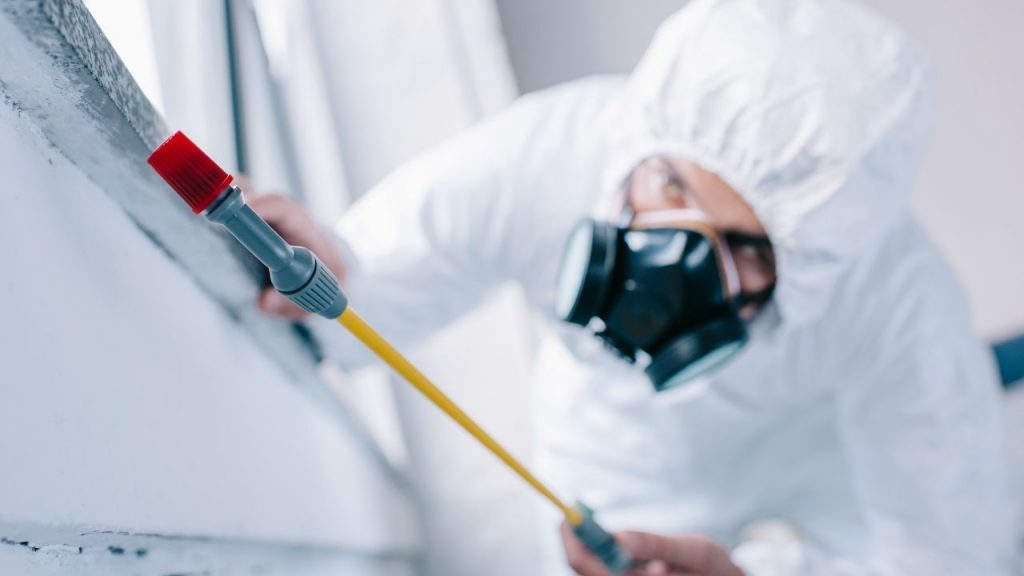
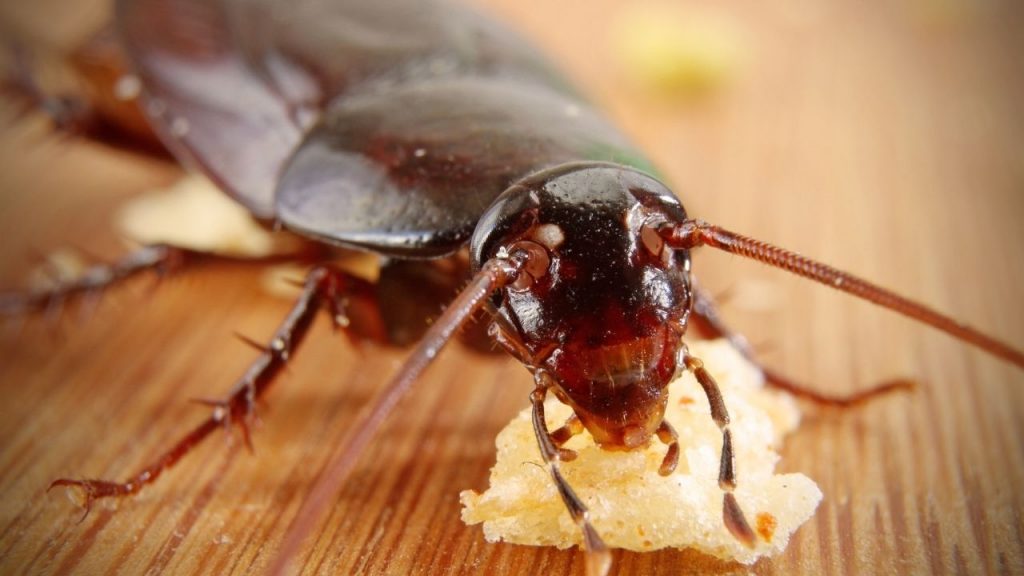
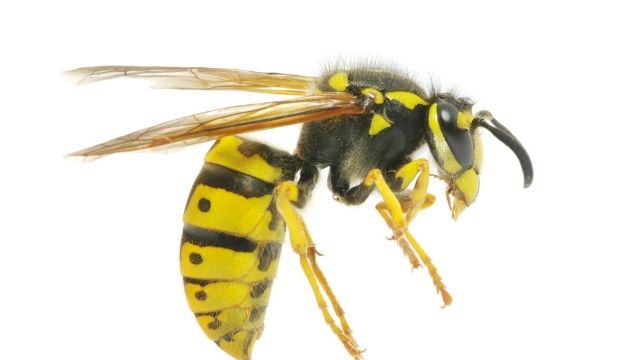
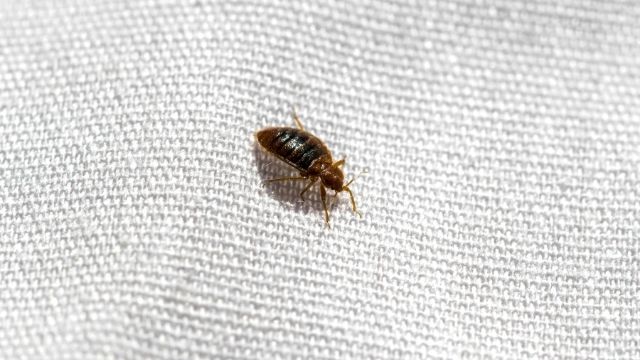

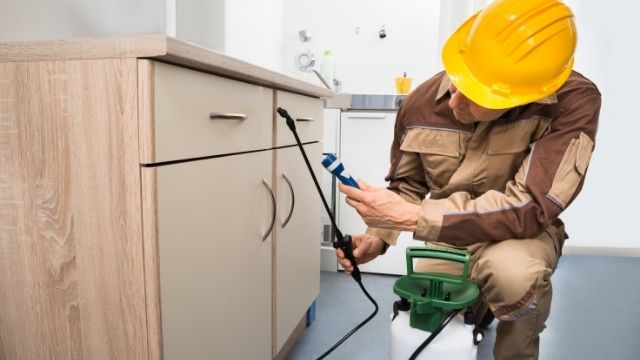
Magee Pest Control is a full service residential and commercial pest control company in Dublin, Ireland for more than a decade. We are locally-owned company that is well established in our local communities.
Call today to schedule an appointment and for a FREE quote!

Magee Pest Control is a full service residential and commercial pest control company in Dublin, Ireland for more than a decade. We are locally-owned company that is well established in our local communities. We are dedicated to protecting your home, your office, or any property that you may own from the pests that invade into your residential living and working area.
We provide a top-notch and timely pest control exterminator service to our clients. We pride ourselves on listening carefully to your concerns, responding quickly, and offering the best advice and treatment available. We stay on top of the latest technology and treatment methods so that we can provide you with the most effective and state-of-the-art pest removal services available.
Give us a call today to ask us any questions about our pest control services, or your particular pest management needs. We will take the time to answer your questions and devise a plan to quickly and efficiently solve your pest problem.

